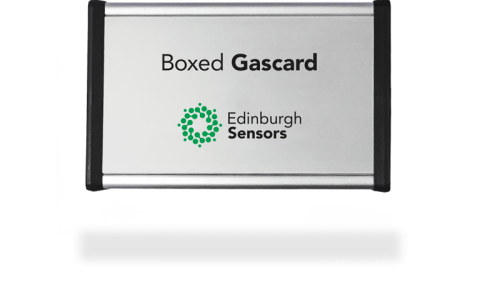
Boxed Gascard®
The Boxed Gascard is the latest development in the NG range of products from Edinburgh Sensors.
Edinburgh Sensors is dedicated to help combat climate change through innovative gas detection technologies.
Our mission is to assist and empower our customers to take action and reduce their carbon footprint in order to meet target sustainability goals.
Our precision monitoring of greenhouse emissions across all sectors provides real-time insights and assists with proactive management strategies.
Carbon Capture: Our high-quality sensors, empower industries to mitigate their carbon footprint effectively and efficiently. We have already worked4 with a number of start-up companies in carbon capture, so we have a strong background and understanding of this crucial space. We have worked with companies to create prototypes and proof of concept technology to help secure funding and other resources for your project to grow.
Landfill Gas: Methane detectors are required to monitor landfill gas for the safe removal of gas to avoid explosions from pressure build up. Disposal options include burning stacks, internal combustion engines or processing to produce methane gas fuel.
Biogas/Anaerobic Digestion: Production of biogas requires exact concentrations of methane and carbon dioxide. Our products accurately monitor the efficiency of the process to ensure the process runs smoothly.
Total Organic Carbon (TOC) Analysis: Our solutions can be integrated into equipment for the analysis of organic carbon concentrations in water samples. This detects organic contaminants from both natural and synthetic sources such as decaying organic matter or fertilizer run offs. Working with TOC analyser manufacturers, we can provide integrated CO2 detectors for this application.
Contact us today and commit to a cleaner, greener future with our state-of-the-art gas detection solutions for greenhouse gas management and protecting our environment.

The Boxed Gascard is the latest development in the NG range of products from Edinburgh Sensors.
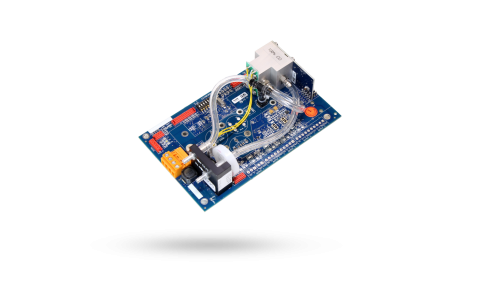
The Gascard NG infrared gas sensor is designed for ease of integration with a wide range of gas detection systems that require high quality, accurate and reliable measurement of CO, CO2, CH4 gas concentrations.
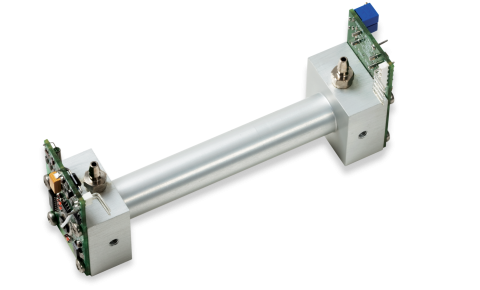
The GasCheck is a series of low cost CO2 sensors that offer high accuracy, good long term stability, negligible cross sensitivity, small size and low power requirement.
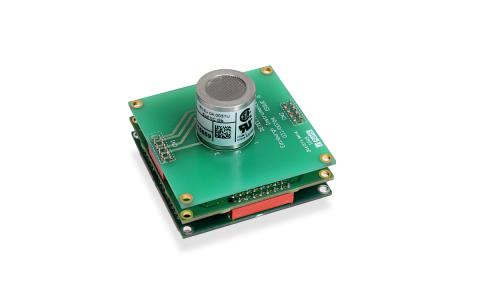
The IRgaskiT® infrared gas sensor is designed for integration into a wide range of systems where fast, accurate and reliable measurement of carbon dioxide concentrations is required.
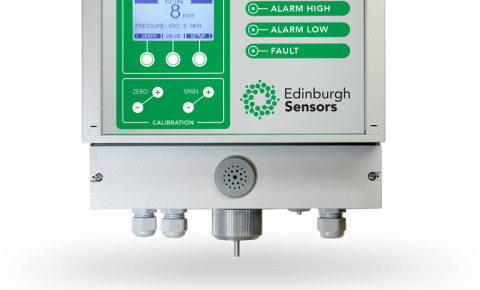
Gas Monitor, The Guardian NG, supplied by Edinburgh Sensors offers near-analyser quality, continuous sampling, measurement and display of target gas concentrations.

Gas Detector, The Guardian NG DC, supplied by Edinburgh Sensors offers near-analyser quality continuous sampling.